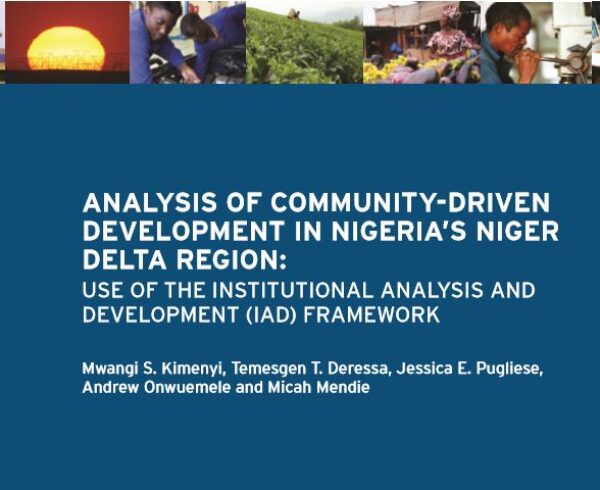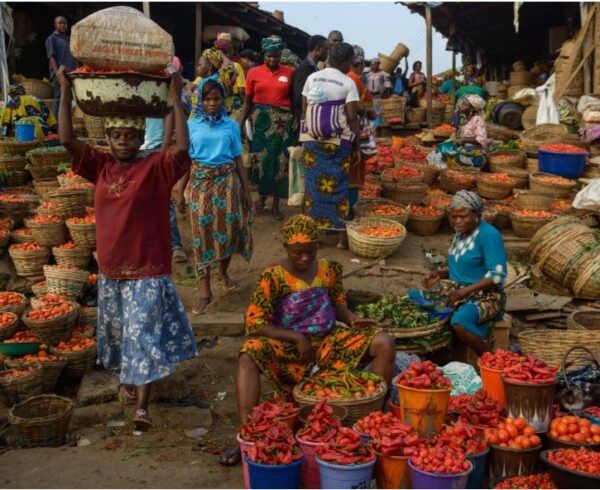The household is a basic unit of society where men and women both cooperate and compete for resources. It is also a primary place where they confront and reproduce societal norms, values, power, and privileges. Under increasing economic pressure, men in many parts of the world have lost their traditional occupations and jobs, and women have been forced to take on additional income earning tasks while continuing their domestic tasks. These changes have touched core values about gender identity, gender power, and gender relations within poor households.
As a result of the age long traditional gender norms which have resulted in economic imbalance between men and women, it has thus prevented them from being able to equitably generate socioeconomic development and therefore leaves the poverty trend at the household and community level at an increasing rate. To have a better understanding of these, PIND commissioned a study to identify and analyze these gender norm and their impacts on equitable socioeconomic development in 3 states in the Niger Delta.







Leave a Comment